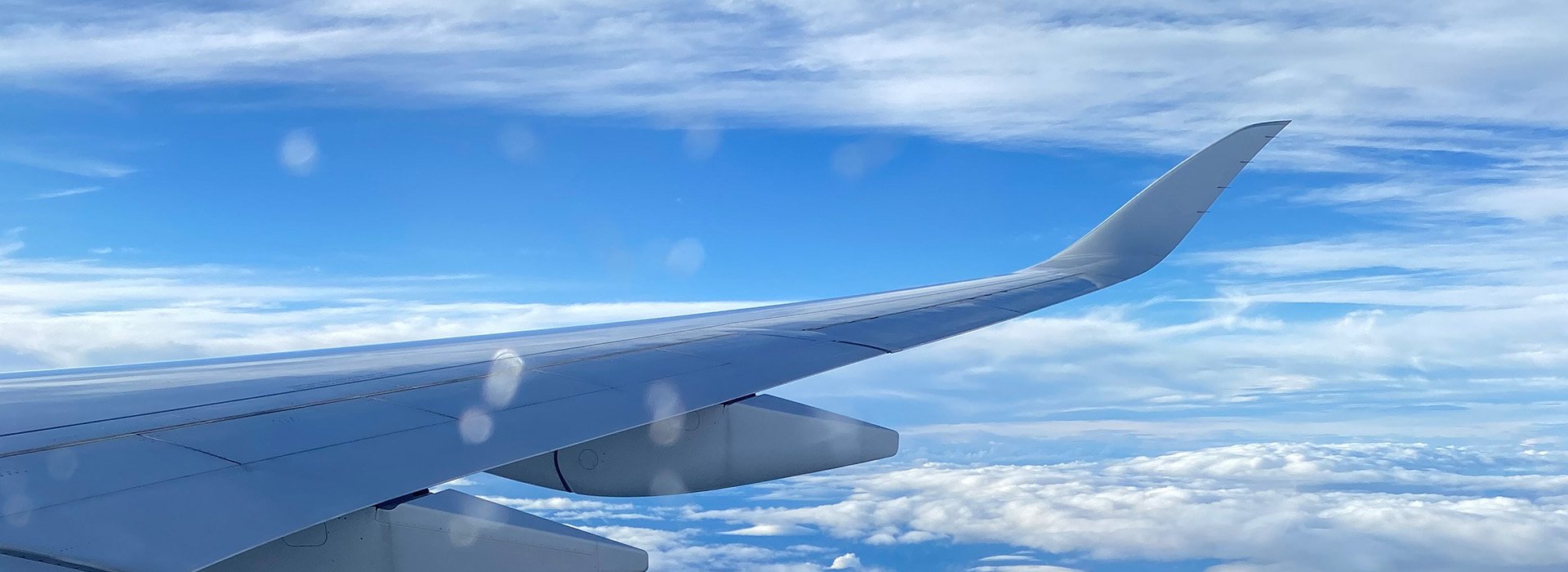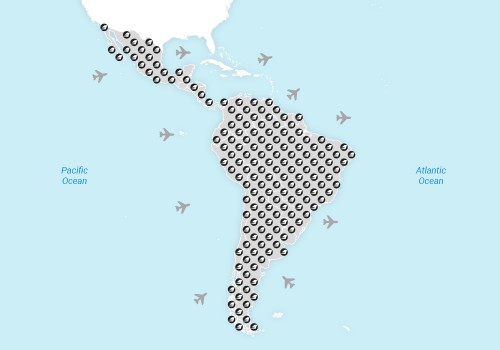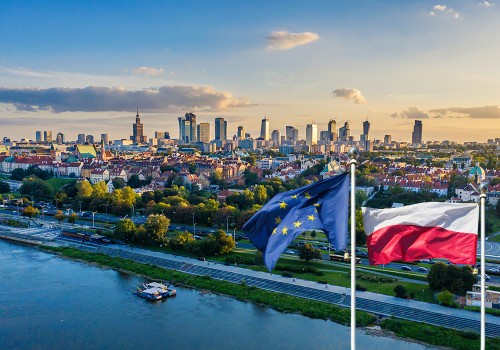Flight Riding as a Lifestyle
Below is an interview with our Euro Jet Flight Rider Raimonda Sapalova. Originally from Lithuania, Raimonda has worked at Euro Jet for the past 6 years in both our airport operations and as a flight representative. She discusses below the concept of being a flight rider, along with some of her thoughts on what makes a flight riding operation successful.
What is “flight riding”?
"Flight riding" or "flight repping" is the process of accompanying cargo, military, commercial or executive aircraft along with its crew, passengers, and equipment to assigned destinations all over the world, including the most challenging and remote airports to ensure safe and smooth flight and ground operations.
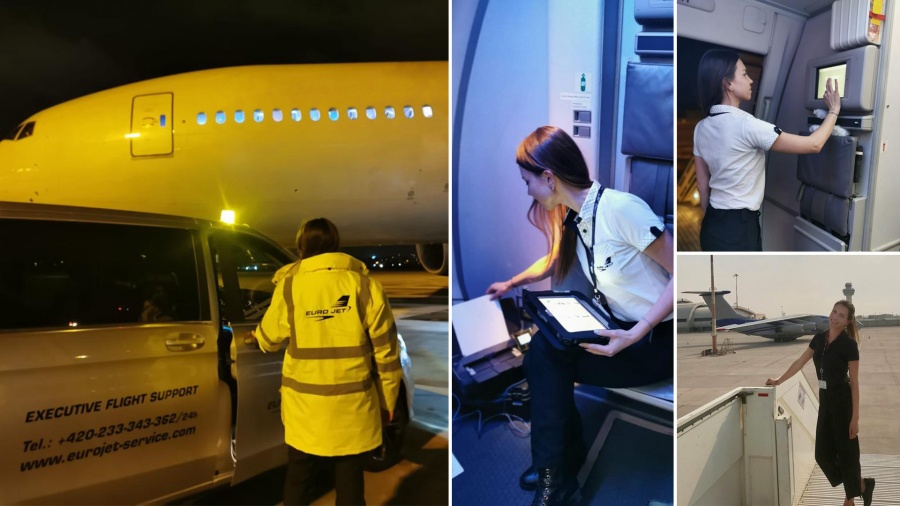
What does a job of a flight rider entail?
A flight rider is the bridge of communication between the crew, handling agents, vendors, airport authorities, and Operations Control Center. The job entails a lot of travelling, coordination and supervision, security inspection, aircraft weight and balance calculation and many other services to make sure cargo is secured, passengers are comfortable, and all paperwork and services are properly completed, so the crew can fly the aircraft safely and on-time.
What kind of services does a flight rider oversee?
A flight rider has a wide spectrum of responsibilities, some of which can be adapted to a specific client’s needs depending on a particular request. The main responsibilities include pre-flight inspection of aircraft and ground equipment; preparing weight and balance data; supervising the loading/offloading of cargo and people on the aircraft; ensuring catering, cleaning, refueling and other vendors are performing contracted services properly; communicating flight data and delay information to the OCC; supporting the crew in resolving customer complaints; assisting in crew and passenger movements through customs.
Please describe what you need to arrange before and after take-off.
The process of preparation for a flight could differ from a few hours to a few days depending on the assigned mission. Before each take-off the flight rider checks that all the flight related documents are correct, the requested equipment and services are ready and in position. Every movement is then reported as per each customer’s request.
Once I get on board, I make sure all crew members arrive on time and there are no issues with passport control. I also assist with handling any relevant paperwork.
I work as a liaison between the ground personnel and the crew, while also ensuring other ground activities, including refueling, and catering are completed. Once all ground services are finished, all paperwork is done, and the crew is ready for take-off, I can rest a little before landing at the next destination.
Please describe what do you need to arrange before and after landing.
After landing all processes are like the above mentioned: Sending a movement message; preparing the paperwork; making sure all services are on time; communicating with the local ground handler on the passengers’ disembarkation and cargo offloading procedure; arranging the crew pick up; inspecting the aircraft and other equipment, and preparing the aircraft for the next departure.
This is just an overview of the normal procedure; however, no two flights are the same.
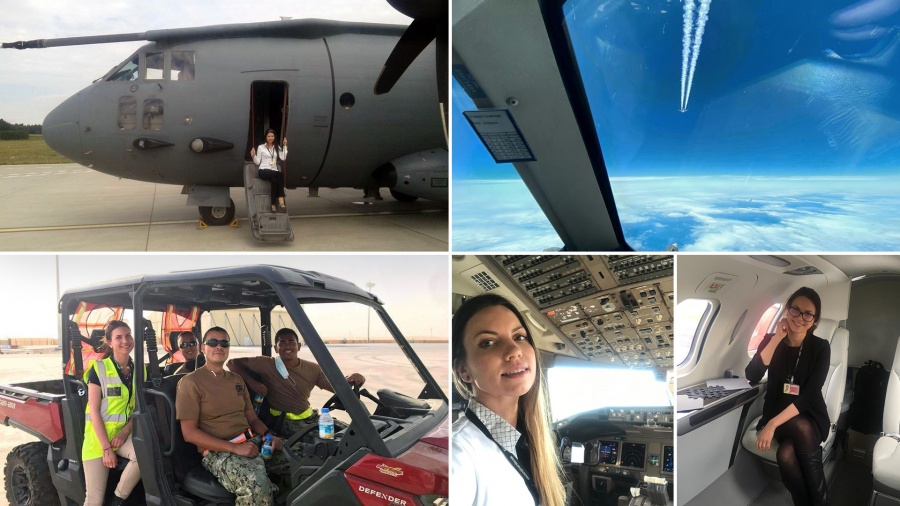
What problems can happen on a routine flight and how do you solve them?
Probably the biggest challenge in a flight rider’s job is that even if you are fully prepared for the flight, you cannot predict all the possible issues that can suddenly occur at any stage of the trip. You must always be ready to react and quickly make correct decisions.
For instance, a belt loader or de-icing truck breaks and there is not an additional one. In this situation, you must be creative and find the best solution, which sometimes is just to wait. While waiting I work on reporting the delay to the next destination, making sure scheduling and the airport of arrival approves the new landing times. Essentially, I am always thinking ahead and trying to mitigate future challenges.
Sometimes passengers may not arrive on time and the crew could go over their duty time. Or a flight diversion can happen and you arrive at another airport or country. In this situation, I have to work on the rearrangement of services (catering, transportation, hotel, refueling), while also ensuring passengers and crew are eligible to enter the country and receive the required rest at a hotel. Then preparation for the next flight begins… It is not possible to think of all nonstandard scenarios, as even a small detail could become a larger problem and then the subsequent chain reaction for bigger issues if the issue is not handled appropriately. For this reason, one of the main flight rider’s roles is not only to detect and solve the problems, but to prevent them from happening by checking and supervising that all ground services are completed and on time.
What kind of skills should a flight rider have?
A good flight rider should be able to easily adapt to new circumstances and multitask. This is essential as situations can change at a moment’s notice, so thinking outside the box and problem solving are essential. Moreover, a positive attitude under high stress, and excellent communication skills are an absolute must. Even though flight riders must be able to work and make fast decisions independently, without being a team player, good results would be difficult to achieve.
Do you need experience before becoming a flight rider?
I think the more aviation and specifically ground operations experience you bring, the easier and more effective experience you will have as a flight rider. I’ve been in the aviation industry 15 years and have worked both on the ground and in the sky. That experience was helpful for performing my duties as a flight rider. Unlike some other crew members or ground operations specialists, a flight rider must be familiar with everyone’s duties both on board and on the ground so they can effectively coordinate services and resolve issues.
Moreover, some technical, math and language knowledge is extremely important for this position. Furthermore, extensive experience in customer service is another must. As you are always surrounded by people from different countries and cultures, you must find a way to communicate with everyone starting from the customs officer to dealing with the VVIP passenger.
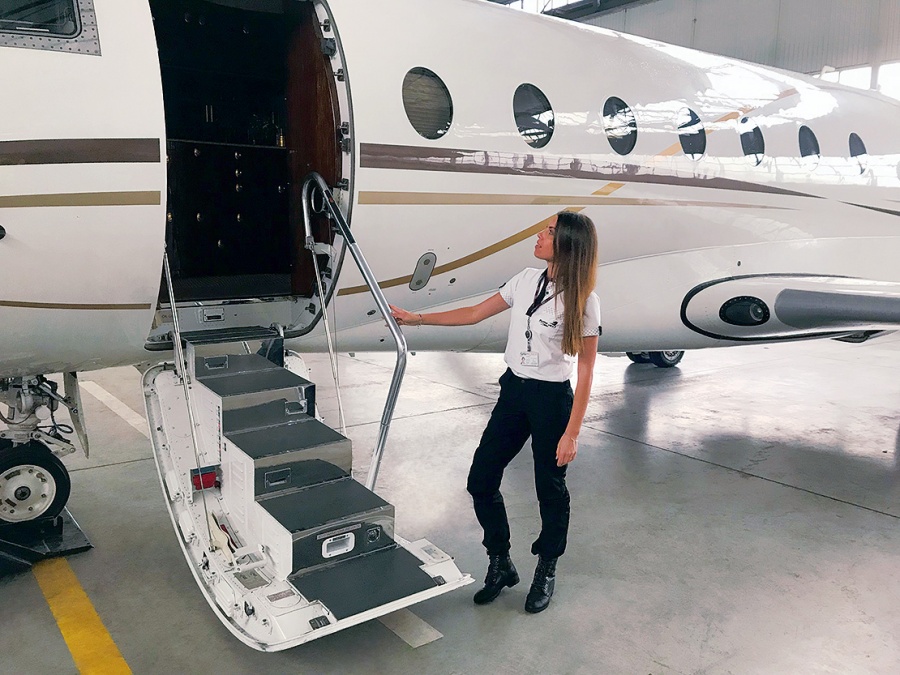
How do you deal with jetlag?
The more flights you have the more your body adapts. At least it works this way for me. The number one rule is to drink a lot of water and to sleep at every opportunity. A healthy lifestyle that includes exercise and eating healthy is essential too.
What do you love about your job?
The flight rider’s job like any other job comes with its challenges and responsibilities. However, this position is also very rewarding. I love being around people. Here I have a great opportunity to meet new people and learn about their culture and country. I absolutely love flying, travelling, and exploring, which this job allows me to do. It is always a nice feeling after each take-off to see your colleagues’ good work results and receive positive feedback from your team.
